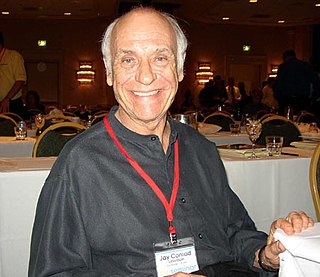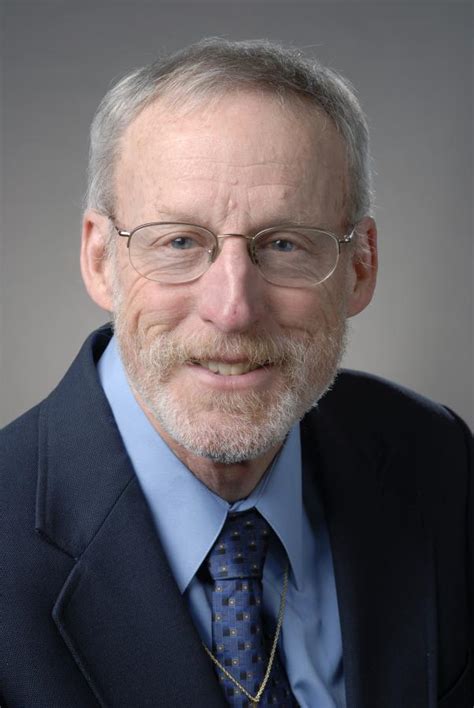A Quote by Jay Conrad Levinson
Achieving conventional goals, such as profits and joy, with unconventional methods, such as investing energy instead of money.
Related Quotes
Socialism is young and has made errors. Many times revolutionaries lack the knowledge and intellectual courage needed to meet the task of developing the new man with methods different from the conventional ones - and the conventional methods suffer from the influences of the society, which created them.
It means that we must abandon the method of civil disobedience, non-cooperation and satyagraha. When there was no way left for constitutional methods for achieving economic and social objectives, there was a great deal of justification for unconstitutional methods. But where constitutional methods are open, there can be no justification for these unconstitutional methods. These methods are nothing but the Grammar of Anarchy and the sooner they are abandoned, the better for us.
A good coach is postive. Your job when coaching is not correcting mistakes, finding fault, and assessing blame. Instead, your function is achieving goals by coaching your staff to peak performance. Focusing on the positive means that you start with what's good and what works, and spend your attention and energy there.
There is a profiteer when it comes to oil. 36 to 63 cents per gallon is swept off the top. And who profits from that? The government profits from it. And what does the government do with much of that money? It puts it into so-called 'alternative energy,' with so-called phony 'green jobs' that we're yet to see being produced.
It is unquestionably true that the investment companies have their money more conventionally invested than we do. To many people conventionality is indistinguishable from conservatism. In my view, this represents erroneous thinking. Neither a conventional nor an unconventional approach, per se, is conservative.
Utilities used deregulation to effect a series of mergers limiting competition. In order to accelerate profits, cost cutting ensued, involving the layoff of thousands of utility company employees, including some who were responsible for maintenance of generation, transmission, and distribution systems. A number of investor-owned utilities stopped investing in the maintenance and repair of their own equipment, and, instead, cut costs to enhance the value of their stock rather than spending money to enhance the value of their service.






































